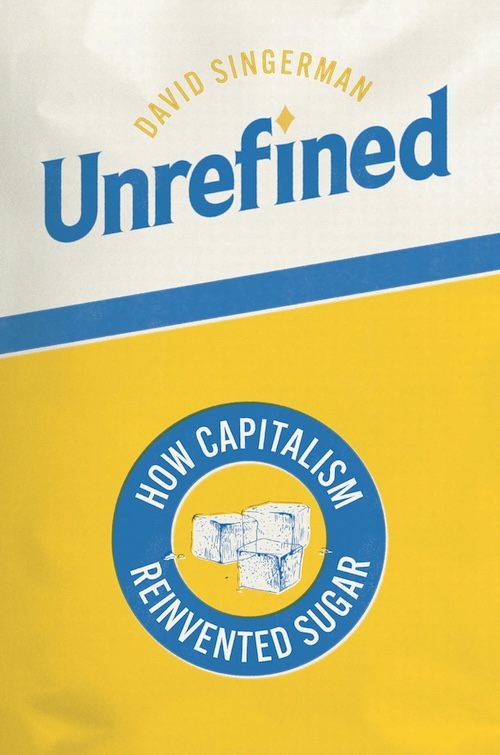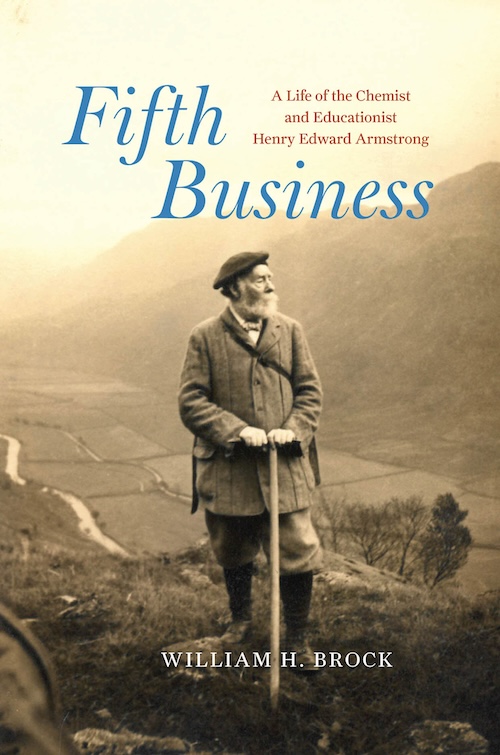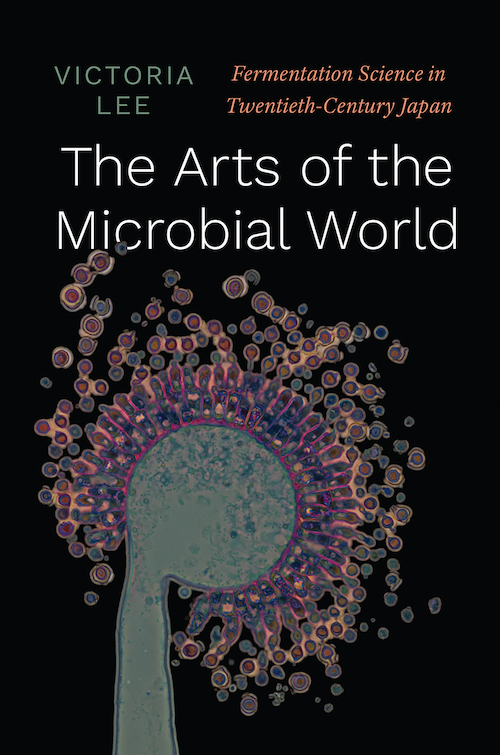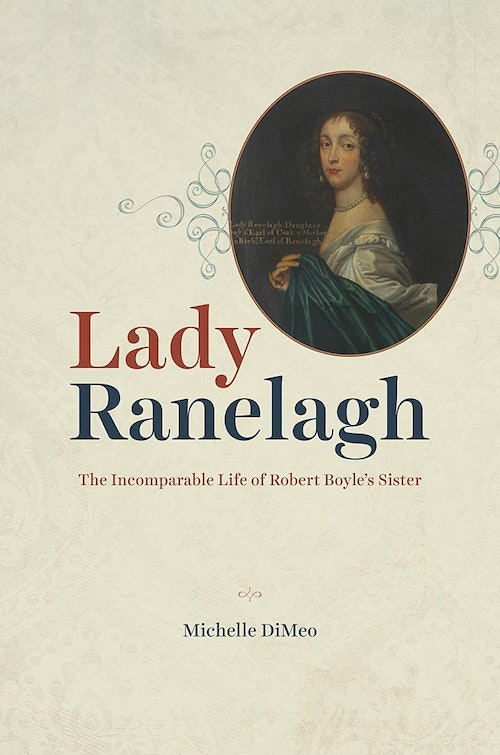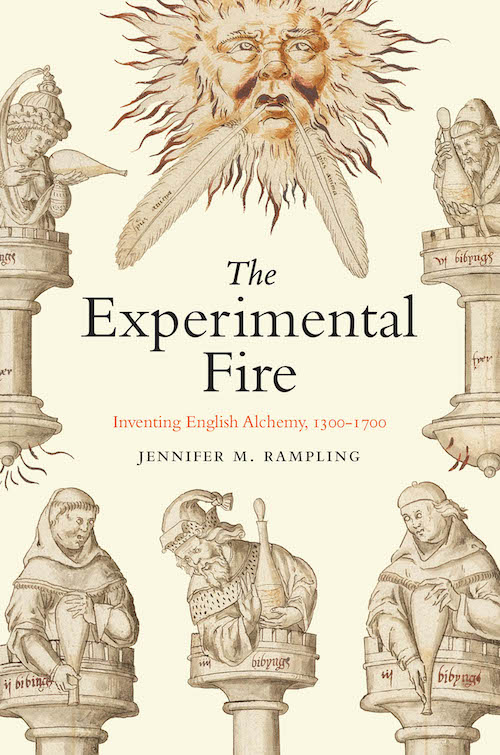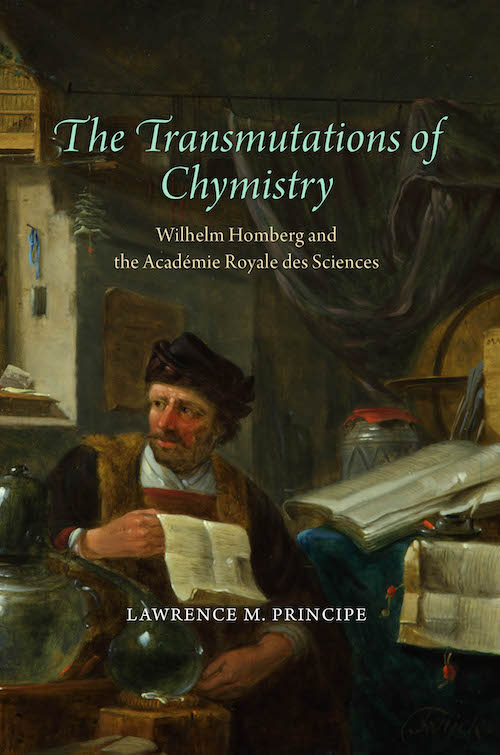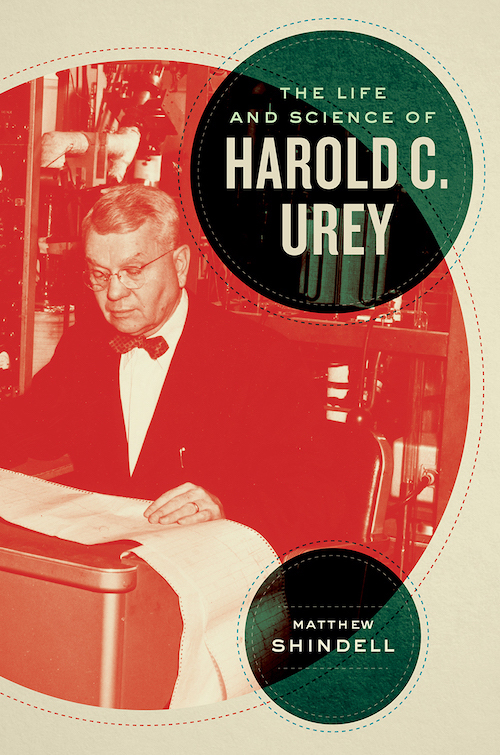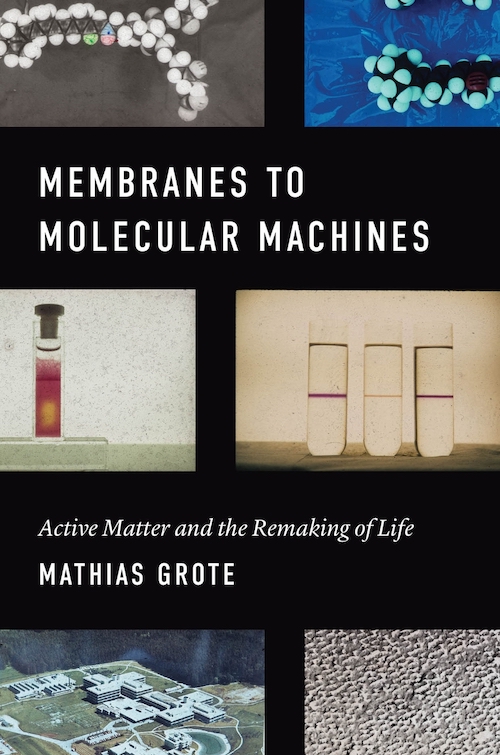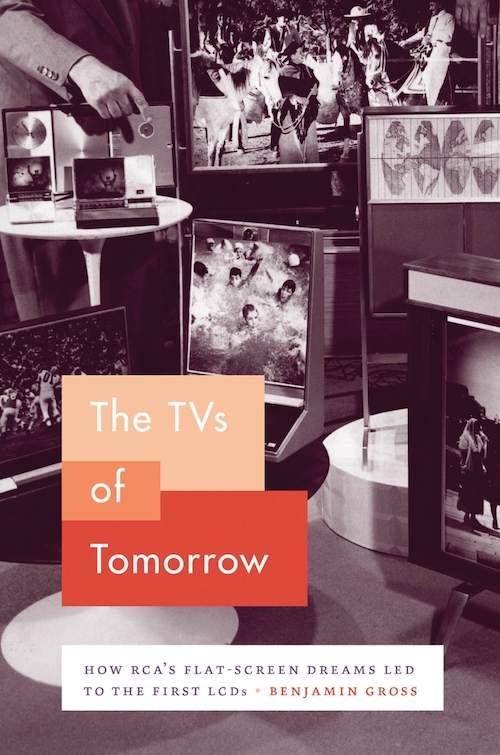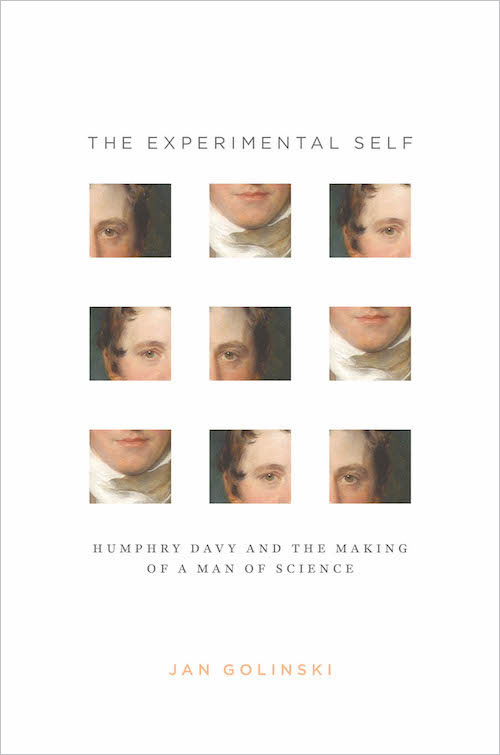Synthesis Book Series
Synthesis, a series of books developed by the Science History Institute, seeks to shed light on the history of chemistry, broadly construed, and its diverse roles in society. The series is published by the University of Chicago Press.
Acquiring Editor
Karen Merikangas Darling
Series Editors
Contributors include top scholars in the history of science and a number of past fellows from the Institute’s Beckman Center for the History of Chemistry.

